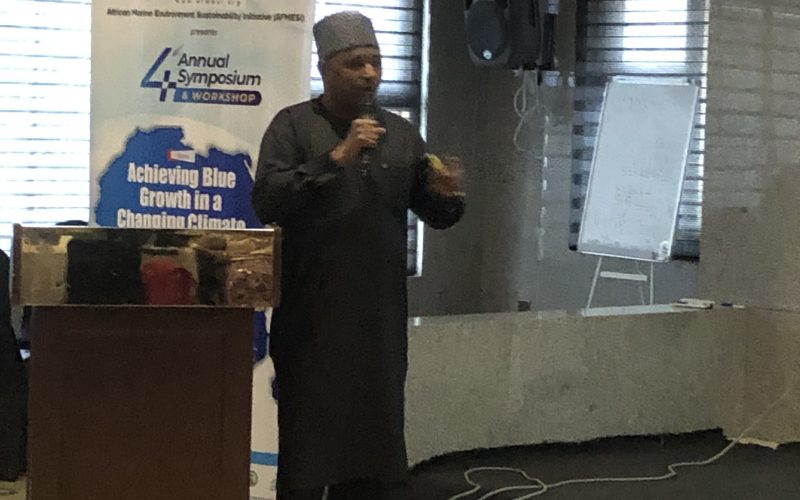At the 4th Annual Symposium and Workshop organized by the African Marine Environment Sustainability Initiative (AFMESI) in Lagos, Director Maritime Boundaries, National Boundary Commission, Nurudeen M. Abba, highlighted the pressing issues surrounding the Blue Economy.
Abba emphasized the need to address challenges and leverage opportunities in Areas Beyond National Jurisdiction (ABNJ), Exclusive Economic Zones (EEZ), and Deep Seabed Mining (DSM) .
Key Challenges:
Governance and Legal Uncertainty: ABNJ faces unclear regulations and overlapping claims.
Environmental Concerns: Pollution, erosion, and over-exploitation threaten marine ecosystems.
Equity and Access: Ensuring fair distribution of resources and benefits.
Exclusive Economic Zones (EEZs):
Challenges: IUU fishing, resource over-exploitation, and coastal pollution.
Opportunities: Resolved maritime boundary disputes, marine spatial planning.
Deep Seabed Mining (DSM):
Challenges: Legal and regulatory uncertainty, environmental concerns, technological challenges.
Benefits: Resource abundance, global resource distribution, technological advancements.
Integrating Coastal Communities:
Inclusive Governance and Participation
Sustainable Fisheries and Livelihoods
Marine Conservation Initiatives
Cultural and Traditional Knowledge
Adaptation to Climate Change
Recommendations:
– Clear delimitation of maritime boundaries
– Enforcement of existing international laws
– Active engagement in international seabed area activities
– Public awareness and education on Blue Economy
Abba stressed the importance of international cooperation, robust governance frameworks, and sustainable management practices to safeguard marine resources and ensure long-term environmental preservation.
He concluded that by prioritizing collaboration, innovation, and adherence to international treaties, stakeholders can promote responsible resource utilization, biodiversity conservation, and equitable benefit sharing .

